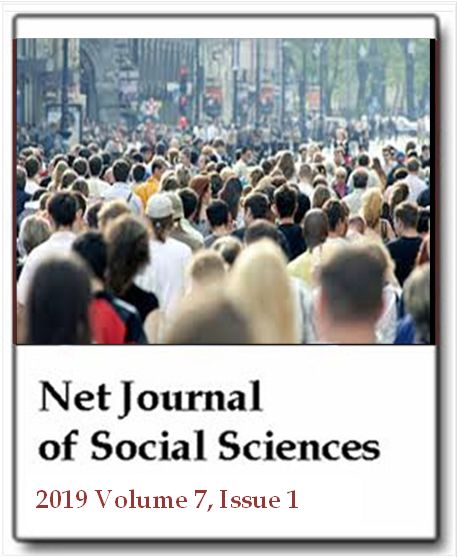Developing climate change communication strategies with game theory
Andrew LarkinNet Journal of Social Sciences
Published: January 30 2019
Volume 7, Issue 1
Pages 15-27
Abstract
Climate change perceptions and perceived risk in the United States has become increasingly partisan, with increased belief in and support for climate change and regulation among democrats, but decreased belief and support among republicans. These divergences are partly attributable to increasingly partisan news outlet viewership and coverage. We developed a game theory model to identify optimal climate change communication strategies through news media outlets. Actor strategies included whether to communicate with pro- and/or anti-climate change new outlets, and to emphasize regulation, renewable energy, whether climate change is real, man-made, and/or causes harm to the United States Payoffs consisted of change in public opinion for each of the candidate topics actors can chose to emphasize. Twenty-five sequential games were played independently for each of the 50 states within the United States. In all 25 repeated games and for all 50 states, strategies with the greatest output for pro and anti-climate change actors consistently reinforced partisan perceptions, driving democrats towards and republicans away from supporting climate change regulation. Predicted bipartisanship support was greatest for renewable energy but varied widely by state.
Keywords: Climate change, game theory, communication, partisan.
Full Text PDF
